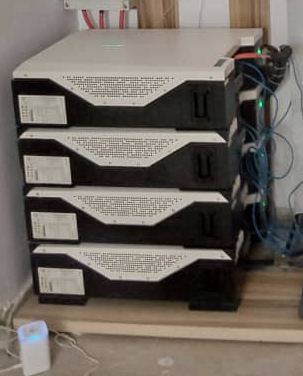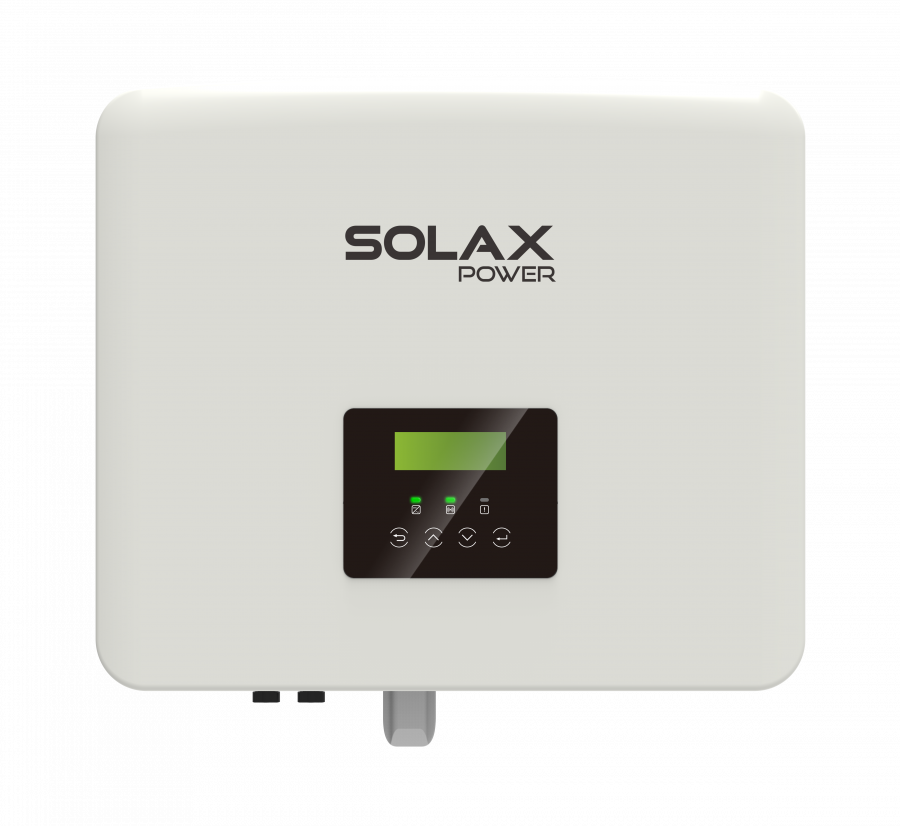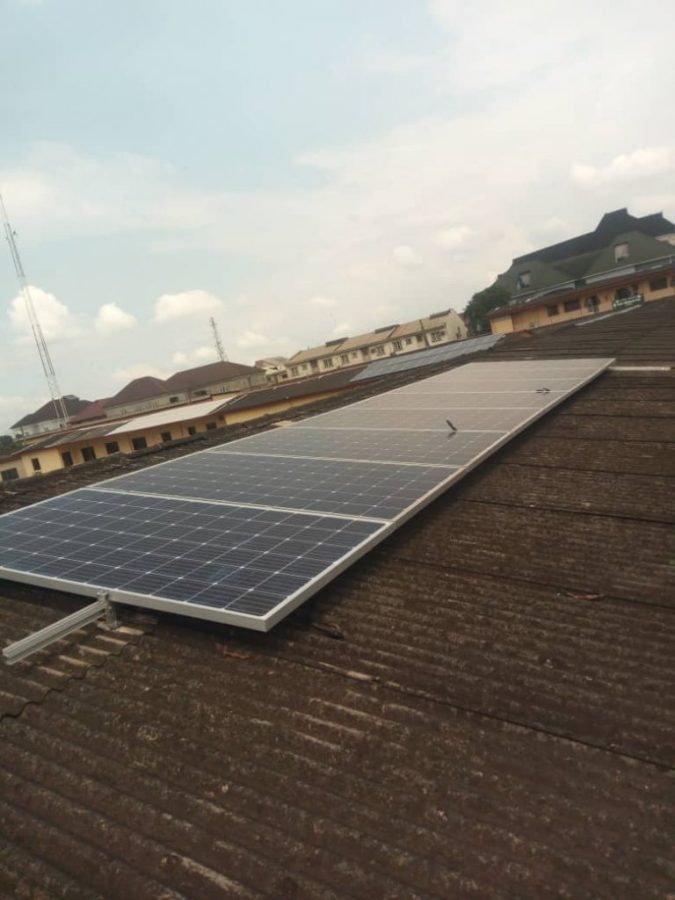Solar batteries are one of the major components of your solar power system. The battery functions as the storage tank for the electrical current trapped by the solar panels.
One advantage is having a battery is that it holds the electrical current and makes it ready for use whenever you need it. That is, with your battery, you can have electricity power your appliances any time, any day, any weather as long as it is charged.
As a major component of your solar power system installations, you must take adequate care of your batteries. Batteries like any other appliance are prone to damage if not handled the right and suitable way.
Types of solar batteries
There are different types of solar batteries and they all have their distinct features. They include:
1. Lead-acid batteries
These are one of the longest-used batteries in the solar world. The two main types of lead-acid batteries are
- Sealed lead-acid batteries and
- Flooded lead-acid batteries
Lead-acid batteries are cost-effective, reliable, and can be disposed of easily. They require to be kept in a well-ventilated room and they have a short life span.
2. Lithium-ion batteries
This is one of the most widely used solar batteries in the world today. They require little to no regular maintenance, can hold more energy, and have a long life span. They are equally expensive and highly inflatable.
3. Nickel-cadmium batteries
They are mostly used in the aircraft industry. They are durable, maintenance-free, and can be operated at extreme temperatures. They are highly toxic too.
4. Flow batteries
Care of Flooded lead-acid batteries
Your flooded lead-acid batteries require regular maintenance(once in 2-4weeks). To care for these batteries, you should check your electrolyte level and refill when low.
Ensure you equalize your battery charges every 30-90 days. Battery cable connections should be right and terminal connections neat.
How to check the electrolyte fluid level
The flooded lead-acid batteries are liable to this kind of maintenance routine. To check the fluid level, you need to open the battery cap and have a look inside to gauge the fluid level.
If low, distilled water should be added to top the electrolyte level. For most batteries, there is a fill line indicating the expected electrolyte level. All you have to do is fill it up to that level with distilled water.
How to clean your battery
When using the flooded lead-acid batteries, spillage of acid may occur. When this occurs, it needs to be cleaned.
To clean your batteries, get a mixture of baking soda and distilled water. Using a clean brush, apply the mixture and brush the spillage to neutralize it.
Care of sealed lead-acid batteries
Sealed lead-acid batteries require less maintenance. Ensure battery terminals are tight. Clean any dust collected by the batteries.
Care of lithium-ion batteries
Lithium-ion batteries require the least maintenance. After installation, you need to occasionally check the state of charge to ensure they are holding a charge properly.
This shouldn’t be a problem as your installer can walk you through the process. Ensure to check the cables and terminals for proper tightening.
How to safely replace your solar batteries
When batteries aren’t properly maintained, their life span may get short. In such cases, it is necessary to replace batteries with new ones.
Avoid mixing old and new batteries. For safe replacement, ensure you contact your solar energy company.
Tips for extending battery life
- Use only distilled water as an electrolyte.
- Ensure you charge your batteries properly.
- More batteries equal more connections So, endeavor you limit the number of batteries used.
- Never leave your battery uncharged.
- Equalize your battery often
- Clean when spillage or dust collection occurs
AWPS renewable is one of the leading solar companies in Nigeria. We are dedicated and passionate about what we do. Our team of experienced professionals is ready to guide you as you go solar.
For more information contact us here.
You may also like how solar energy works


